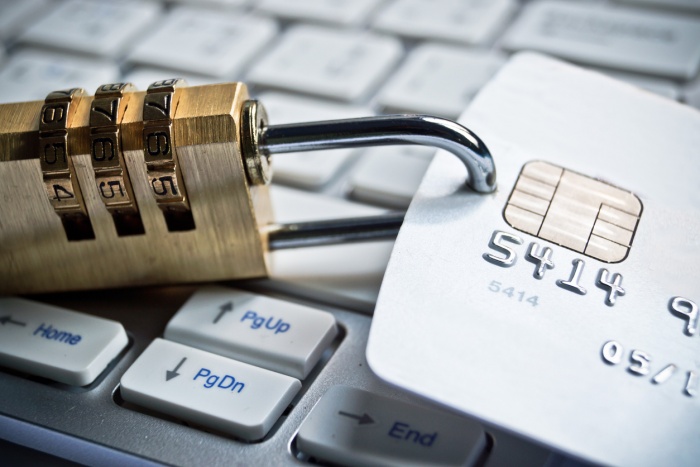Scammers have been using newer methods to trick you into providing your personal information and gaining access to your accounts. Credit Union of Ohio has security measures in place to keep your accounts and information safe, but it's important to remain vigilant and keep informed on the current scam trends.
Text Scams
There's been an increase in scammers using text messages in an attempt to convince consumers to give up sensitive personal information. Many of these messages will appear similar to the messages Credit Union of Ohio and other financial institutions use to alert you to transactions that may have been fraudulent, asking you to confirm "Yes" or "No" if you made the transaction. This is still a valuable way for CUO to communicate quickly with members to verify transactions. It's important to remember once you respond to one of our messages, there will be no more communication. Scammers are using similar messaging but will then ask for personal information. As a reminder, Credit Union of Ohio will never ask for your Online Banking password or your PIN over the phone, text message, or email.
Below is an example of a text exchange with one of these scammers:

Mail and Check Fraud
Fraudsters have been known to steal from mail drops, including personal mailboxes, in the hope of finding checks or other personal information. If a fraudster manages to get one of your personal checks, they can steal your hard-earned money by attempting to alter the check or using your account information from the check. Whenever you are making a payment by mailing a check or sending any important documents with sensitive information, we encourage you to take your mail items inside the post office or other postal service business. Whenever possible, you could also avoid using a check and instead make payments online, over the phone, or in-person to further protect yourself.
Cryptocurrency Scams
Crypto scams refer to a range of different tactics that have been used by fraudsters in the past, only now they're demanding payment in cryptocurrency. It's important to remember that cryptocurrency payments typically do not come with the same legal protections as credit or debit cards and these transactions generally can't be reversed once made. This means once you send a crypto payment to someone, you can usually only get that money back if the person you paid sends it back; and if you sent it to a scammer, it's as good as gone. To avoid crypto scams, keep the following in mind:
- No legitimate business is going to demand payment in the form of cryptocurrency
- No legitimate business or financial advisor is going to guarantee profits or big returns on cryptocurrency markets
- Online dating and investment advice should never be mixed; if you're talking to someone through a dating site or app and they really push to get you involved in crypto somehow, they're very likely trying to scam you
Debt Collection Scams
Scammers may attempt to contact you claiming to be a debt collector demanding payment on debts you don't actually owe or have already paid in full. Often times, these scammers will try to convince you to pay immediately or else there will be additional charges or legal action against you. Until you're able to verify if the debt is legitimate, you should avoid providing any personal financial information.
General Tips to Avoid Scams and ID Theft
There are numerous other, less common scams not listed here in addition to fraudsters finding new methods to trick you. In order to remain viligent and protect yourself and your money, keep these tips top of mind:
- Make sure CUO and any other financial institution has your most up-to-date phone numbers, address, and email so you may be alerted to potential fraud when it's detected.
- Monitor your accounts frequently using Online Banking, the mobile app, and your statements.
- Don't give your login information to ANYONE. Credit Union of Ohio will never ask for this information.
- Review your free credit reports annually with annualcreditreport.com. We encourage you to pull from each bureau at different times through the year.
- Place a freeze on your credit at each bureau to restrict new loans from being opened under your name.
Please use the links below for more information on common scams:

